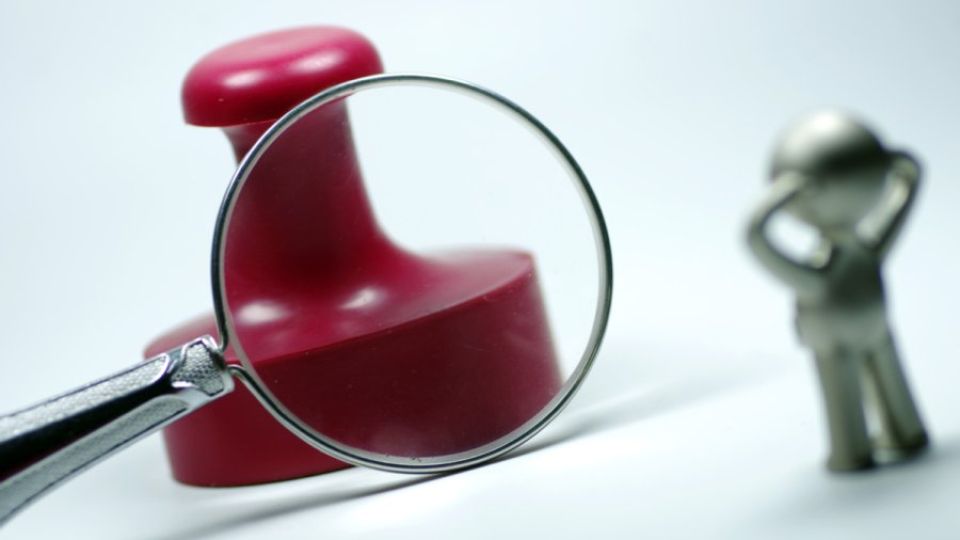January 10, 2023
BEIJING – China has stuck to its pledge of setting no areas out of bounds in the anti-corruption fight over the past year and has comprehensively pressed on with the strict management of officials at all levels, effectively improving overall discipline inspection and supervision, experts said.
According to the Central Commission for Discipline Inspection of the Communist Party of China and the National Commission of Supervision — China’s top anti-graft watchdogs — 32 senior officials under the management of the CPC Central Committee’s Organization Department were placed under disciplinary review and investigation in 2022, the highest number since 2017.
In addition, 37 senior officials received disciplinary and administrative punishments last year. The officials who were investigated came from various sectors, including the judiciary, grain management, railways, insurance and finance.
President Xi Jinping, who is also general secretary of the CPC Central Committee, has emphasized full and strict governance of the Party on various occasions since the 18th CPC National Congress in 2012.
Addressing the sixth plenary session of the 19th CPC Central Commission for Discipline Inspection in January 2022, Xi said that discipline inspection organs must unswervingly uphold the principle of strict discipline, improve work conduct and punish corruption with zero tolerance, and correct all forms of corruption and irregularities that harm the interests of the people.
A four-part documentary, whose episodes began airing daily on China Central Television from Saturday, features the cases of several former senior officials to alert the whole Party and demonstrate a clear stance on the full and strict governance of the Party.
Among them is a high-profile case involving former justice minister Fu Zhenghua. The documentary revealed many details of how he formed cliques and expanded his political ambitions to amass greater political power and financial benefits.
“My crimes seriously damaged the image of the Party, severely harmed the public security and judicial cause, seriously damaged the ecology of the political and legal system. I learnt a very hard lesson from them,” Fu said in the documentary.
The report to the 20th CPC National Congress, which was delivered by Xi in October, said corruption is a cancer to the vitality and ability of the Party, and fighting corruption is the most thorough kind of self-reform. As long as the breeding grounds and conditions for corruption still exist, the Party will keep sounding the bugle and never rest.
The report also said that discipline inspection departments will resolutely crack down on corruption where political and economic problems are intertwined, and on new and hidden forms of corruption.
Zhuang Deshui, deputy head of Peking University’s Clean Government Research Center, said the CPC Central Committee has always held a zero-tolerance attitude toward corruption, and the 20th CPC National Congress also sent a clear signal that the Party regards anti-corruption work as the most thorough self-reform. The congress will lay the foundation for the next five years’ anti-corruption work, so some officials should not think they will luckily evade oversight or have mistaken ideas about the anti-graft determination of the CPC Central Committee.
Before the 18th CPC National Congress, corruption was one of the urgent problems the Party and country were facing. The CPC Central Committee used the eight-point decision on improving conduct as a breakthrough to promote the full and strict governance of the Party, and the work has achieved significant results over the past decade and earned the people’s praise, Zhuang said.
“Practice has shown that the central government has always taken a zero-tolerance attitude toward corruption over the past decade, and the progress has also advanced social development and promoted the spread of fine social conduct,” he said.
Under the strict crackdown, many officials have chosen to turn themselves in to the authorities. According to the CCDI and NCS, about 81,000 people have turned themselves in over the past five years.
In addition, the nation has taken resolute measures in fighting corrupt officials in China and those who fled abroad. Over the past five years, more than 7,000 fugitives were arrested and brought back via China’s Sky Net operation and about 35.2 billion yuan ($5.1 billion) of stolen money was recovered.
System improved
Last year, the CPC Central Committee issued several documents aimed at improving supervision procedures, including work regulations for the CCDI, issued in January, a document on strengthening Party building among retired cadres in May, a guideline on strengthening the supervision of leading cadres in June as well as a regulation on governing leading cadres’ spouses, children and children’s spouses in running businesses.
Yang Weidong, a law professor at China University of Political Science and Law, said that in 2022, a series of anti-corruption laws and intra-Party regulations were introduced, laying a solid foundation for improving the anti-corruption standard system and providing strong institutional support for systemic treatment of anti-corruption and for addressing both the symptoms and root causes of corruption.
“The documents aimed to remind the officials that public power should be used inside the confines of regulations and laws,” Yang said.
“Some officials may have worked in leading positions or important departments for a long time and have made enough preparations — such as promoting certain people and setting a path for their relatives — for their retirement. In the end, these actions only lead to the abuse of public power and damage to the credibility of the government,” he said.
Over the past five years, 111 major laws and regulations on discipline inspection and supervision have been enacted, forming a system of laws and regulations on discipline inspection and supervision that is scientific in content, strict in procedure, complete in support and effective in operation, according to the CCDI and NCS.


